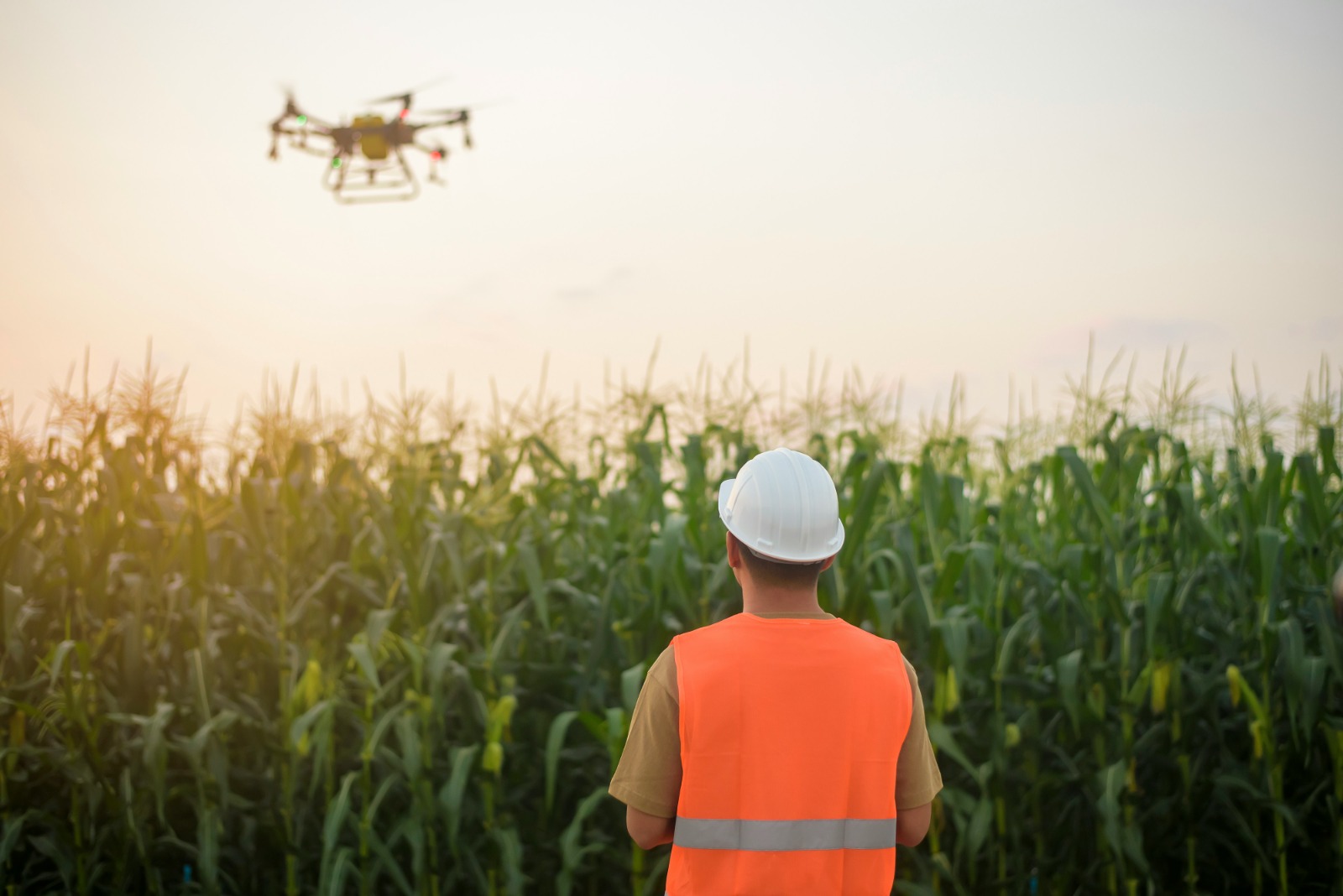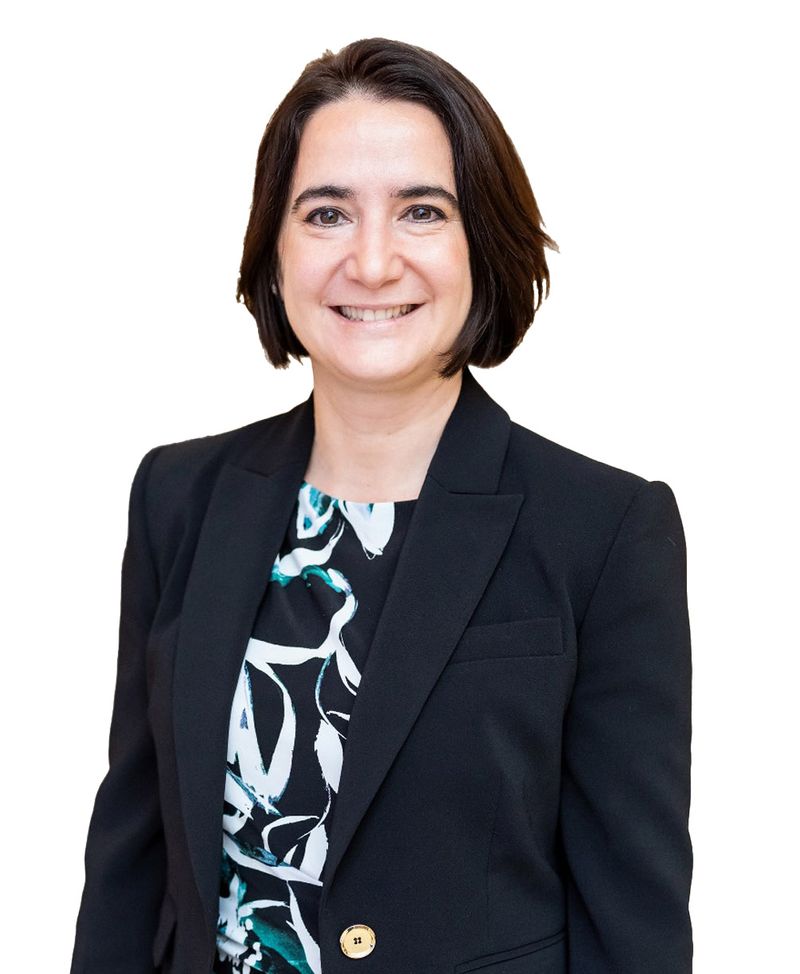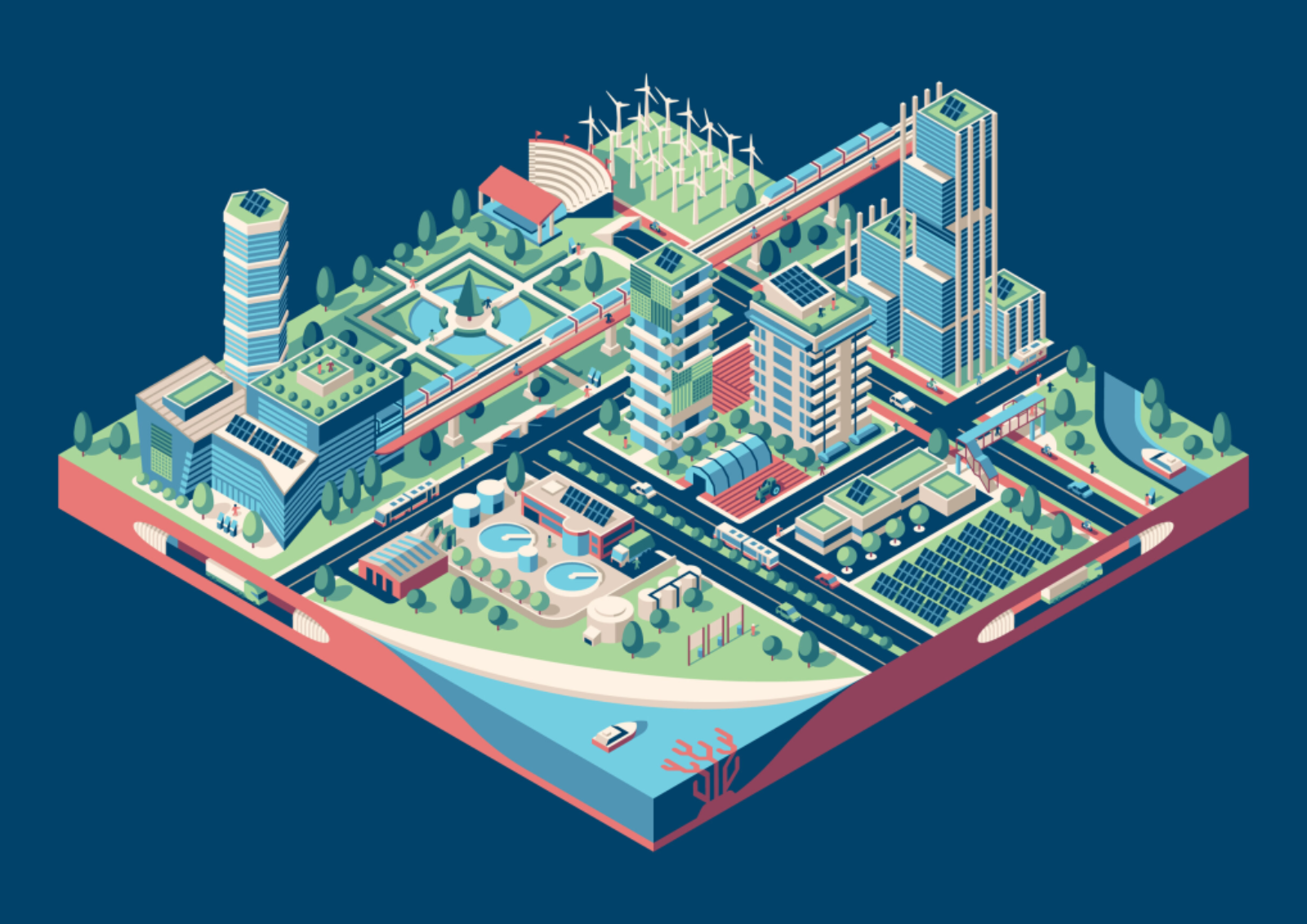Across the Middle East and Africa (MEA), daily life is shaped by a fundamental paradox: some of the world’s youngest and most dynamic populations remain the most underserved in terms of access to essential services. While home to 24% of the global population and expected to reach 3 billion people by 2050,1, the region still faces systemic barriers to food, water, energy, opportunity, and economic growth.
The data underscores the urgency. Nearly 600 million Africans,2 or close to half the continent, still lack access to reliable electricity. In the Middle East, 186 million people, or 39% of the population, experience moderate to severe food insecurity. Only 2% of the world’s renewable water resources serve 6% of the global population living in the Middle East and North Africa (MENA).4 The MENA region is also warming faster than the global average, with temperatures rising by 0.36°C per decade and reaching 0.45°C in summer months, putting further pressure on available resources and the climate.
Yet these figures tell only one side of the story. The region is home to the second-largest population globally, with 60% under the age of 30, 85% mobile phone penetration, and 40% internet coverage.7 It boasts 165 million tertiary-educated individuals, 55 million of whom are Science, Technology, Engineering, and Mathematics (STEM) - educated.8 With a growing digital economy, the region is defined by profound opportunity. The digital economy is expected to more than double by 2030, growing from $310 billion in 2022 to $650 billion.
At The Right Place at the Right Time
Today, Artificial Intelligence (AI) offers the chance to change that trajectory. While previous technologies required massive infrastructure, AI can be deployed to any connected device, even low-cost phones or offline tools. By leapfrogging traditional infrastructure, AI makes it possible to deliver critical services, from healthcare diagnostics to adaptive education and harvest optimization, directly to where they are needed most.
Evidently, AI models are energy-intensive, but innovation is helping to reduce their environmental footprint. Approaches such as France and UAE-based Policloud - distributing workloads across multiple clouds for efficiency - and AI-enabled optimization in data centers are lowering power demand and water use, ensuring that expanded access does not place unsustainable pressure on fragile grids. We are at the right place at the right time because the underlying technology is converging with the readiness of the region’s founders and entrepreneurship ecosystem. MEA’s talent base, growing capital flows, and maturing support networks are now positioned to translate AI’s potential into scalable, context-specific solutions that meet the region’s most pressing needs and close the access gap.
In parallel, in 2024 alone, MEA saw 833 venture deals, totaling $2.7 billion in disclosed value.10 The region’s venture ecosystem has matured. What is now needed is focus on solutions that are not just scalable but foundational, and on the capital that enables them to go further, faster.
For over a decade, through Global Ventures and C3, we have worked alongside hundreds of entrepreneurs, building in real time, with urgency and commitment, to address the access crisis at its roots. Their solutions span energy tech, health access, food systems, digital infrastructure, education, mobility, and more. Whether they are building in Lagos or Riyadh, Nairobi or Cairo, one principle unites them: impact at scale begins with access.
Access is the common denominator of resilient, inclusive, and scalable impact, and a powerful engine of economic growth. In regions where traditional infrastructure has failed to keep pace with population growth, start-ups that expand access are building the foundational systems of the future - cleaner, more inclusive, and more adaptive to uncertainty. When these ventures succeed, they do not just improve lives; they drive long-term productivity, stability, and resilience.
Achieving this potential starts with three interdependent layers of access, each unlocking the foundations for a more resilient, inclusive, and prosperous region.
Access to a Healthy Planet
The planet is at the core of this transformation. A livable future is impossible without a livable planet. This access layer focuses on technologies that protect, regenerate, and decarbonize our natural environment, including clean energy solutions, nature-based technologies, sustainable agriculture, circular economy models, and innovations in water and air systems.
Start-ups like Desert Control are fighting desertification through their liquid natural clay technology, eventually improving soil health and agricultural yields in arid zones. In South Africa, Wetility is providing integrated solar energy systems, combining Tier 1 panels with smart storage to deliver clean, affordable power. Tunisia-based Seabex is helping farmers improve climate resilience through AI-powered, sensorless irrigation systems that reduce water use by up to 30% while increasing yields. These start-ups, among others, play a vital role in keeping the planet livable and resource-efficient, particularly in regions with an urgent need for more sustainable energy, food, and water systems.
AI is amplifying these efforts, enabling real-time monitoring of environmental systems, predicting and managing climate and water stress, and powering adaptive farming and conservation practices. This is unlocking faster and smarter pathways to protect and regenerate the planet at scale.
Access to Human Potential
People are the engine of a livable future. In regions where 60% of the population is under 30, unlocking access to healthcare, education, and economic opportunity is not just a moral imperative; it is an economic one.
Proximie (UK/Lebanon) is a surgical intelligence platform that connects operating rooms through real-time video, data, and AI to optimize surgical performance, efficiency, and collaboration for hospitals and medical device partners. South-Africa-based CureRoot creates pathways for new drug discovery rooted in local biodiversity, bridging traditional health practices with modern, accessible therapies by digitizing African medicinal knowledge with AI. Nexford University delivers affordable, skills-focused degree programs tailored to future-of-work demands. Classera offers a leading learning management system for schools and universities across MENA. In the workforce space, Ogram connects freelance and part-time workers to employment opportunities, helping underserved populations participate in the region’s growing digital economy. AI is accelerating this progress by leveraging data to deliver highly customized education and healthcare, helping close gaps across languages, skills, and geographies with unprecedented precision and scale.
Access to Enabling Infrastructure
None of this is possible without the foundational systems that support human development at scale. In emerging markets, these systems are often fragmented or missing altogether. That is why strengthening inclusive financial infrastructure, such as digital banking, payments, and credit, alongside resilient urban systems for mobility, energy, and housing, is essential to building a more complete and more connected ecosystem for human development.
Paymob (Egypt) and Moniepoint (Nigeria) are broadening access to capital and digital financial services for SMEs and underserved populations. MAX, a Nigerian start-up, is transforming public transport through electric vehicle design, assembly, and financing. These solutions are paving the way for deeper connectivity, enabling the adoption of digital and innovative tools that deliver access to services and opportunities previously inaccessible in this part of the world.
AI is enhancing these systems by analyzing massive streams of operational data to predict demand, detect inefficiencies, and automate decision-making across grids, mobility networks, and financial services. By doing so, AI enables smarter allocation of energy, optimizes transport routes, and improves credit risk assessment - extending reliable services into areas where legacy infrastructure has been fragmented or absent.
The founders behind these ventures are redefining how access to basic services is delivered, leveraging technology and new models to bypass traditional barriers, and in doing so, they are laying the groundwork for long-term prosperity.
This report maps the innovations emerging across these three access layers, shares insights from the C3 and Global Ventures pipeline, and highlights the sectors and business models shaping the future of access in MEA. This is not an exhaustive view, but an attempt to understand and contribute to the ecosystem. Starting with access, as a principle, a filter, and a goal, offers a lens through which impact can be understood, measured, and scaled. Our hope is that it sparks further collaboration toward a livable, inclusive future for the region.






